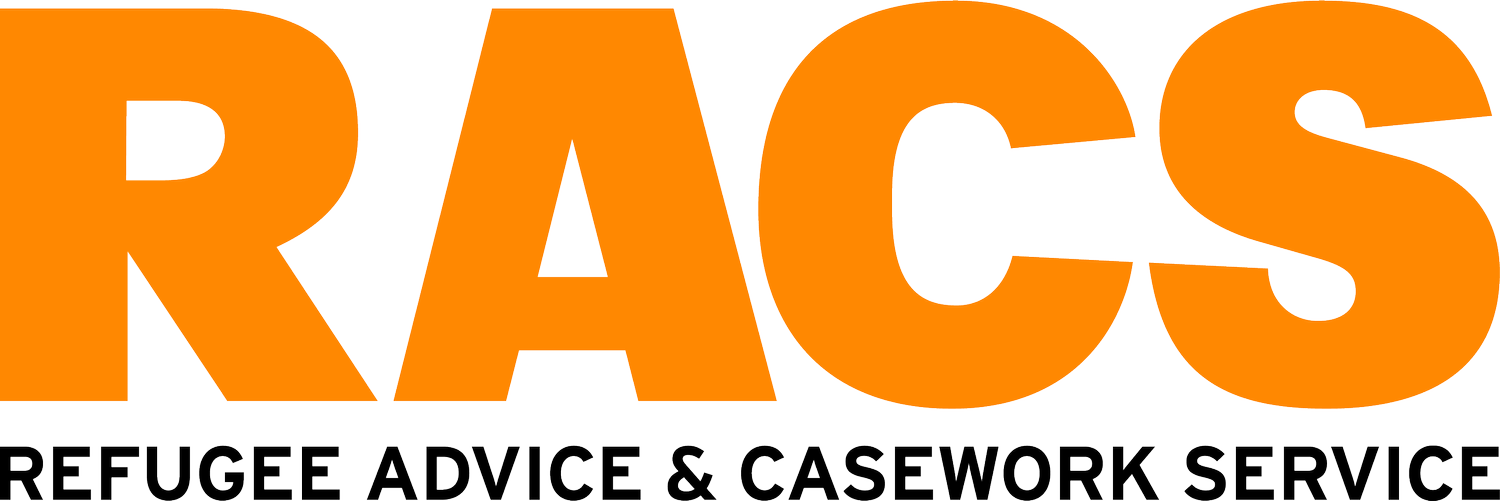The Refugee Olympic Team: bringing hope to displaced people across the world
The 2024 Paris Olympics are fast approaching and many Australian athletes, like two-time Olympian and Commonwealth Games silver medallist Peter Bol, have already been confirmed. And, like Bol, many of those competing will be from a refugee background.
Refugees have played a significant role at the Olympics for decades, but it hasn’t been until recently that they have had an official team to represent. International sporting competitions have given a number of athletes the chance to seek asylum over the years, with many contributing greatly to sport and society in their new home countries.
The origins of the Refugee Olympic Team
The International Olympic Committee (IOC) President Thomas Bach introduced a ''Refugee Team'' to compete alongside nation teams in 2015, with the Team making its debut a year later in Rio.
“[The Refugee Olympic Team] will be a symbol of hope for all refugees in the world, and will make the world better aware of the magnitude of this crisis.” - Thomas Bach
With over 117 million people either internally or externally displaced across the world, highlighting and addressing the needs of refugees and displaced peoples is as critical as ever. Non-profits like RACS can assist with immediate requirements like protection visas, but initiatives like the IOC’s Refugee Team are equally significant in helping shift cultural attitudes towards refugees and promoting acceptance and inclusivity.
Image credit: Olympics
Who is on the Refugee Olympic Team?
To join the Refugee Team, a person must:
Be certified with UNHCR Refugee status
Be an elite competitor in their sport
Be a Refugee Athlete Scholarship-holder
With only 10 athletes in Rio 2016, the Refugee Team evolved to 29 for Tokyo and now 36 for the Paris Olympics. With this growth comes the hope to better represent female athletes, diverse nationalities, religions and sports.
At the heart of the Refugee Team are the athletes, reflecting the resilience and perseverance of all refugees. The “1 in 100 Million” Paris Olympics campaign brings awareness to how this singular, small, united group of people seeks to represent the tens of millions of displaced people across the world.
The athletes
The 37 athletes in the 2024 IOC Refugee Olympic Team Paris 2024 are from 11 different countries, hosted by 15 different National Olympic Committees and will compete in 12 different sports: aquatics, athletics, badminton, boxing, breaking, canoe, cycling, judo, shooting, taekwondo, weightlifting, and wrestling.
“You are an enrichment to our Olympic Community, and to our societies. With your participation in the Olympic Games, you will demonstrate the human potential of resilience and excellence.” - Thomas Bach, speaking to the Refugee Team athletes.
Many of the 37 athletes continue to seek citizenship in their host countries, with two competitors, Perina Lokure Nakang and Yahya Al Ghotany, still living in refugee camps.
From refugee to Olympian: Peter Bol
Born in the midst of the Second Sudanese Civil War, Peter Bol and his family were forced to flee their home in 1998, when Peter was just four years old.
Eventually settling in Perth, Bol was convinced by a teacher to pursue running seriously with a coach and trainer. This would be the beginning of Bol’s path to the 2016 Rio Olympics where he represented Australia in the 800m and placed sixth - marking the start of his national record-breaking career and his place in Paris.
Bol’s story highlights the enrichment communities and countries experience through accepting and supporting refugees.
Maggie is a journalist and anti-FGM activist
Refugees aren’t just represented in the elite competitors of the Commonwealth and Olympic Games - they contribute significantly behind the scenes too. Maggie, a RACS client, was the first female journalist from Sierra Leone to cover the Olympics and also worked on the 2018 Gold Coast Commonwealth Games.
Just prior to travelling to Australia, she experienced a violent gender-based attack at home. She very quickly realised she could not return. And so, her protection journey began. You can read her story here.
This article was drafted by Amy Byrne
Donate now to help us give people like Maggie access to free essential legal help.
Maggie is more than her refugee status. Both before and after being forced to flee her home, she has been a successful journalist, an advocate and a mother.


